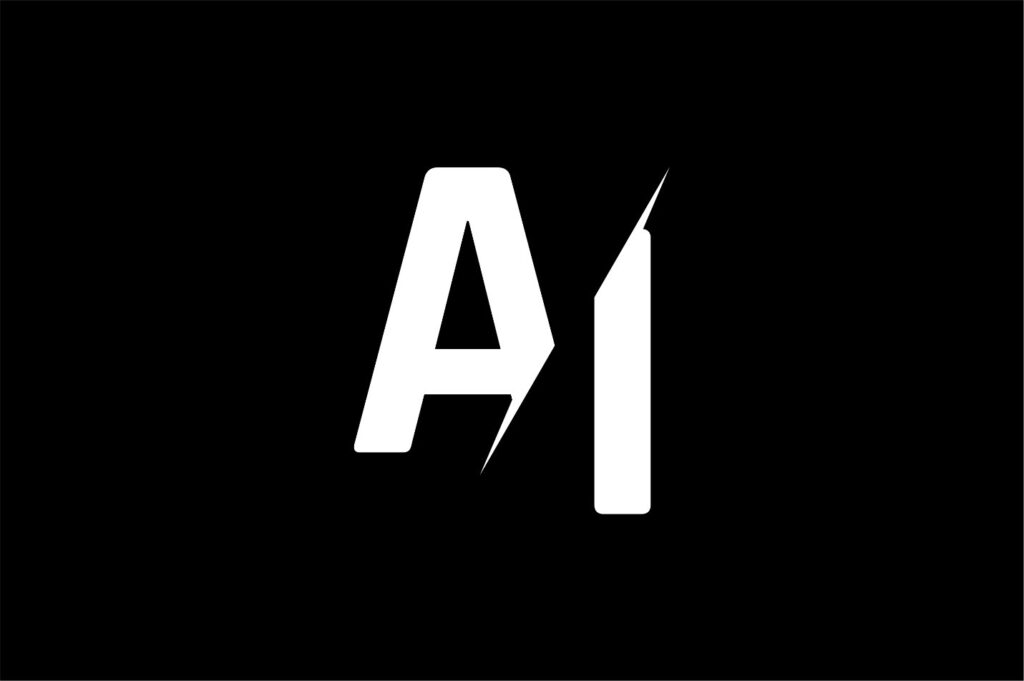
The potential for AI to improve healthcare is significant. So are the risks.
The introduction of artificial intelligence (AI) into healthcare holds significant promise to diagnose diseases and suggest, if not in fact, develop, treatments leading to cures. Researchers from Seoul National University, Bandang Hospital evaluated a deep learning sepsis prediction model (COMPOSER) in a prospective before-and-after quasi-experimental study from two emergency departments at UC San Diego Health in California.
The team looked at patient outcomes before and after deploying COMPOSER. Over a five-month implementation period, the scientists reported a 17% relative reduction in in-hospital sepsis mortality and a 10% relative increase in sepsis bundle compliance. They concluded that shifting the focus of evaluating AI in a healthcare setting to the things that really matter, such as reducing mortality rates or improving quality-of-life are paramount as healthcare providers implement AI tool.
A prescription for better healthcare outcomes
In the end, the scientists warn that AI algorithms in healthcare may prove untenable. Because healthcare is quintessentially a human endeavor, keeping a human-in-the-loop may prove critical to AI having a role in caring for patients. Healthcare is a rapidly evolving field meaning keeping constant oversight on the AI-enhanced elements is key.
AI in healthcare will only succeed, the authors note, if its predictions are timely. AI will need dedicated infrastructure, adequate resources, and staff trained to manage the predictions. The AI systems will need to need evolve and adapt as healthcare evolves while keeping an eye on the often-high costs of technological innovation.
#AI #AI Today #healthcare








